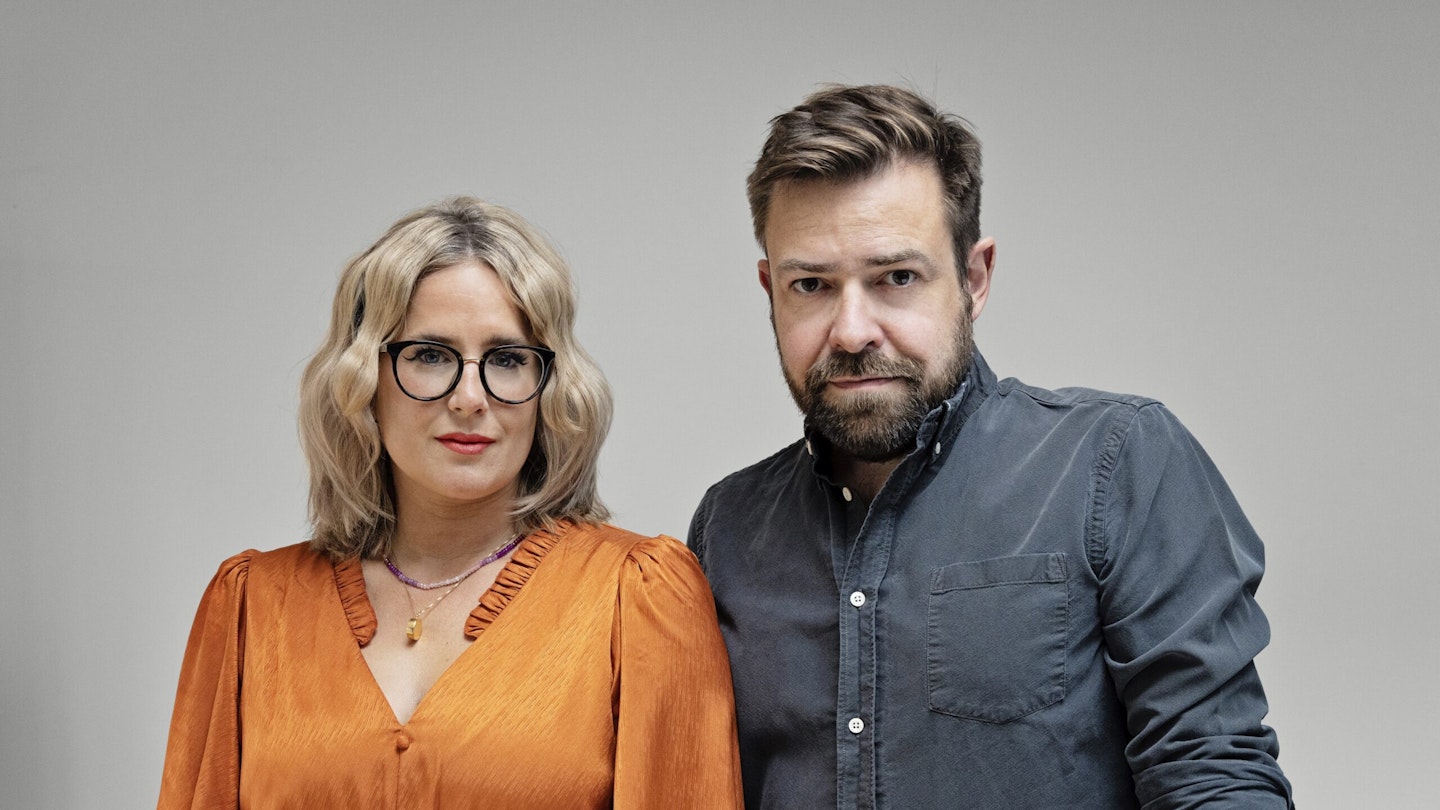Anna Whitehouse and Matt Farquharson have written Divide and Conquer, a unique and honest two-part account of facing up to the perils of modern-day parenthood. Here they explain how and why parenting in the UK is so hard - and how they hope their new manifesto might change things for the better.
Anna:
If I hadn’t raised one daughter in The Netherlands, I don’t think I’d have fully recognised the holes in the UK childcare system. While Holland isn’t perfect, family is at the top of the tree with a dedicated 10-day maternity nurse (a ‘kraamzoorg’) sent to support every new mother. That’s how women are set up postnatally - and that’s before they even think about returning to work, where flexibility is inbuilt, and many work a nine-day fortnight to allow more time with their children.
Because right now, raising the next generation in the UK feels akin to a relentless and demanding side hustle, thanks to lacklustre support from government ministers whose own families are typically supported by nannies.
Our new Pound Project book, Divide and Conquer is a call to arms. It’s an exhausted parental plea for childcare to be considered as important as infrastructure, as vital to a functioning country as roads, railways and signposts. In its simplest form, it’s about getting talented employees back into the economy. It’s about cold, hard, cash and unblocking a flight of talent - mainly mothers - who had a baby not a lobotomy.
There’s an economic cost for sure but there’s also a huge personal cost to pushing parents out of the workforce. From relationship breakdowns to mental health issuesand beyond, if you remove someone’s purpose, the collateral damage translates to everything from couple resentment to stress and anxiety. And that’s just my experience.
But one thing I know is that until the government sees this as a solid way to invest in the economy, women will be left behind. The gender pay gap will remain a glaring hole of inequality.
Matt:
Divide and Conquer has a simple premise. Our childcare system is hopeless and it is costing people their careers and relationships, costing children developmentally, and costing the economy by sucking out all those talented early and mid-lifers who happen to have bred through their prime earning years.
In the UK, childcare costs are surging, but nurseries are so underfunded and staff so poorly paid that over the last year, 7% of the nation’s childcare centres have been forced to close down.
Consider the basic maths: The average take-home pay of UK adults is £2,220per month. For a statistically average couple, that’s £4,400. If they lead a statistically average UK life, three-bed accommodation will cost them £1,270 per month, bills and food another £1,250.
That leaves them with just shy of £1,900 a month for everything else.
But then add two children under three years old. The average cost of full-time nursery care per child under three is £1,052 per month. Or perhaps £2,000 for a pair with a small sibling discount.
So far, they are £100 over budget, and this average family with two small kids haven’t yet bought any new clothes, considered a holiday, contributed to pensions, been to the cinema, bought an ice cream on a hot day, had emergency dental car, driven anywhere, or caught train, Tube or bus. Dad doesn’t smoke or drink or gamble and neither does mum. They exist in a stasis of work and eating and sleeping, where their clothes can’t expire and they can’t afford to transport themselves, and by merely existing and working full time they are in debt every month.
And this continues for many reasons. The UK has some of the highest property prices in the developed world, wage stagnation, gulp-inducing inflation, and a childcare system poorly supported by successive governments of different shades. And the last of these is the simplest to fix.
Divide and Conquer is a primeval rage against systems stacked against anyone who has dared to breed, it is a reassurance that your problems are real, and a manifesto for change. A script for making it all better.
Divide and Conquer are available to buy until 31 October at The Pound Project.
